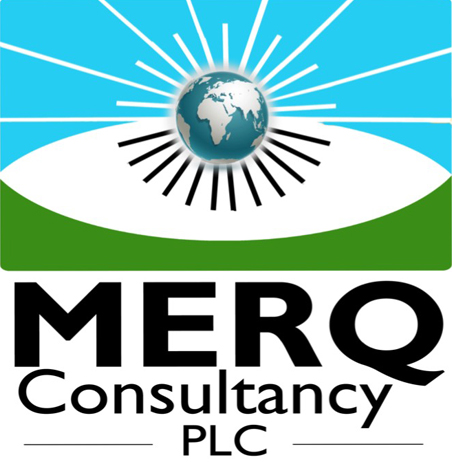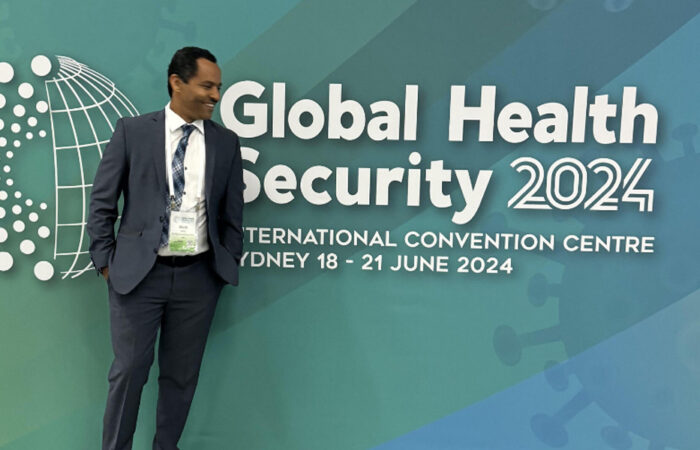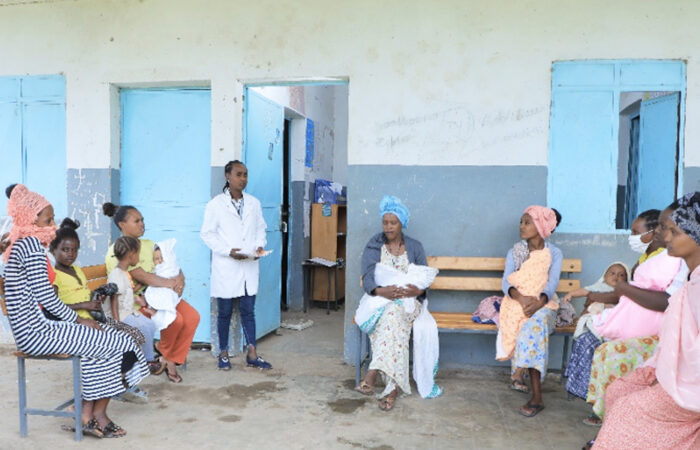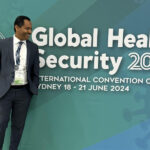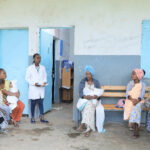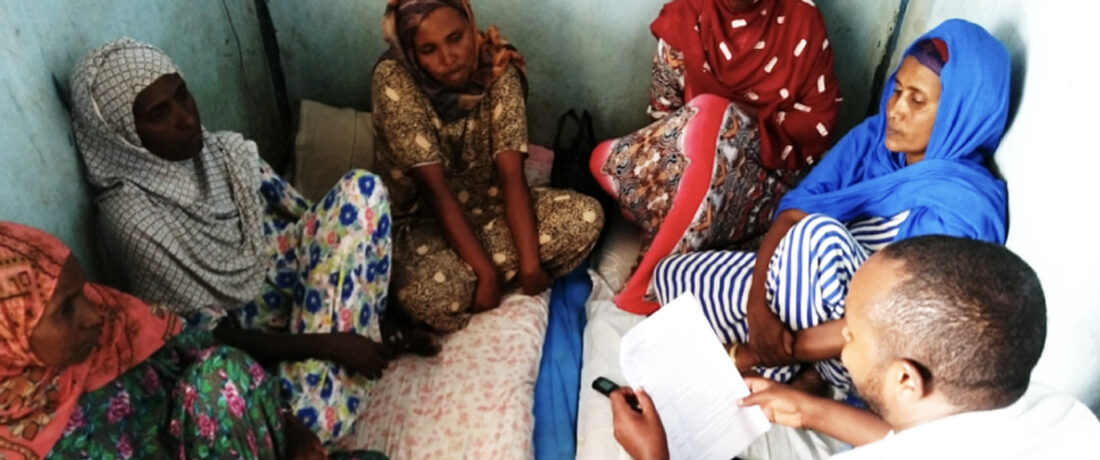
MERQ Consultancy has been selected to lead the baseline assessment for the USAID Lowland Health Activity (LHA), which is a key initiative aimed at reducing maternal and infant mortality in Ethiopia. This five-year project, beginning in 2024, is spearheaded by EngenderHealth in collaboration with a consortium of local and international organizations. USAID Lowland Health Activity (LHA) works to reduce maternal and infant mortality in Ethiopia by focusing on reproductive, maternal, newborn, child health, and nutrition (RMNCH-N). LHA, a five-year Activity is implemented starting in 2024 by EngenderHealth in partnership with local organizations consisting of Pastoralist Concern, Ethiopian Muslims Relief & Development Association and Ethiopian Women Lawyers Association (EWLA); and international organizations, including JSI Research and Training Institute (JSI), University of North Carolina at Chapel Hills Carolina Population Center (UNC-CPC).
MERQ’s role is central to the success of this project. Leveraging its expertise in health systems research, MERQ will conduct a comprehensive baseline assessment to understand the current state of reproductive, maternal, newborn, child health, and nutrition (RMNCH-N) across the lowland regions of Ethiopia, including Afar, Somali, South Ethiopia, and Oromia. The assessment will map the knowledge, attitudes, and practices of community members in selected woredas, focusing on women, adolescents, youth, and children. Additionally, MERQ will evaluate the availability and accessibility of health services provided by primary hospitals, health centers, and health posts in these areas.
Utilizing a cross-sectional mixed methods approach, MERQ will employ both quantitative and qualitative tools to gather data that will inform the design and implementation of LHA interventions. This baseline assessment will provide critical insights into the unique challenges faced by pastoralist communities in accessing RMNCAH-N services, enabling LHA to tailor its strategies to the specific needs of these populations.
Through its work on this project, MERQ underscores its commitment to strengthening health systems in diverse contexts and its capability to deliver high-quality evidence that guides large-scale health programs. By aligning its assessment with LHA’s Learning, Monitoring, and Evaluation (LME) framework and the country’s routine health information systems, MERQ hopes that the findings will be both relevant and actionable for ongoing and future health initiatives in Ethiopia.
